Wet desulfurization system
Wet desulfurization system
The complex iron wet desulfurization technology is a wet desulfurization process that uses a complex formed by iron ions (usually Fe³⁺) and organic ligands as a catalyst. It is mainly used to remove hydrogen sulfide (H₂S) from gas. Its core principle is to convert H₂S into elemental sulfur through redox reaction, and at the same time, realize the recycling of the catalyst.
1. Technical features
High efficiency and environmental protection: The H₂S removal rate can reach more than 99%, and the product is non-toxic sulfur, which can be used as a resource.
Mild operation: It operates at room temperature and pressure with low energy consumption.
Recycling: The catalyst complex iron can be regenerated repeatedly to reduce the consumption of chemical agents.
Wide applicability: It is suitable for the removal of medium and low concentrations of H₂S in natural gas, biogas, refinery gas, etc.
2. Application areas
Energy industry: natural gas purification, biogas desulfurization.
Petrochemical industry: refinery acid gas treatment.
Environmental protection: landfill gas, waste gas treatment of sewage treatment plants
3. Advantages and disadvantages
Advantages: no secondary pollution, easy sulfur recovery, simple process flow.
Challenges: complexing agents are easily degraded and need to be replenished regularly; by-products (such as thiosulfate) may be generated when treating high-concentration H₂S
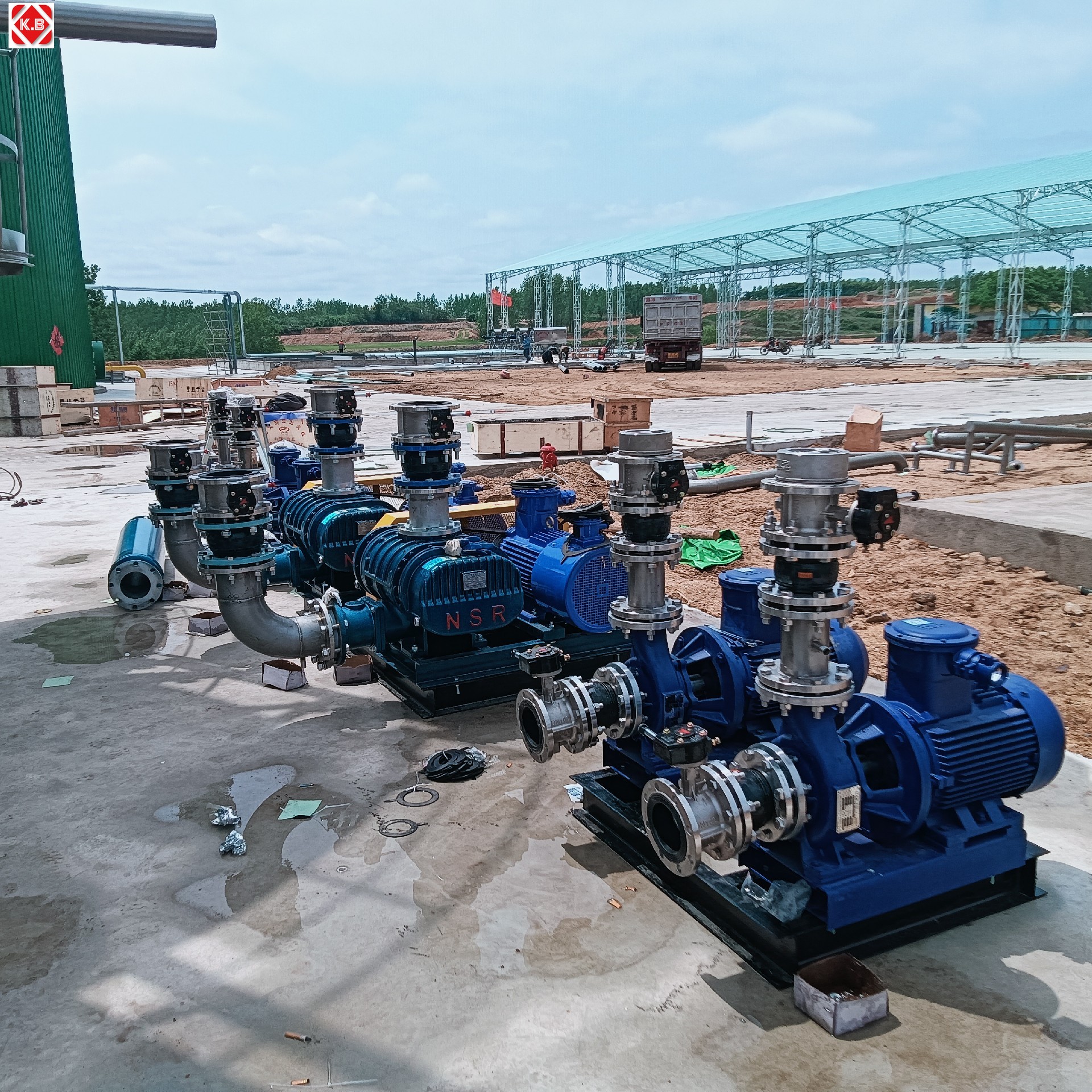
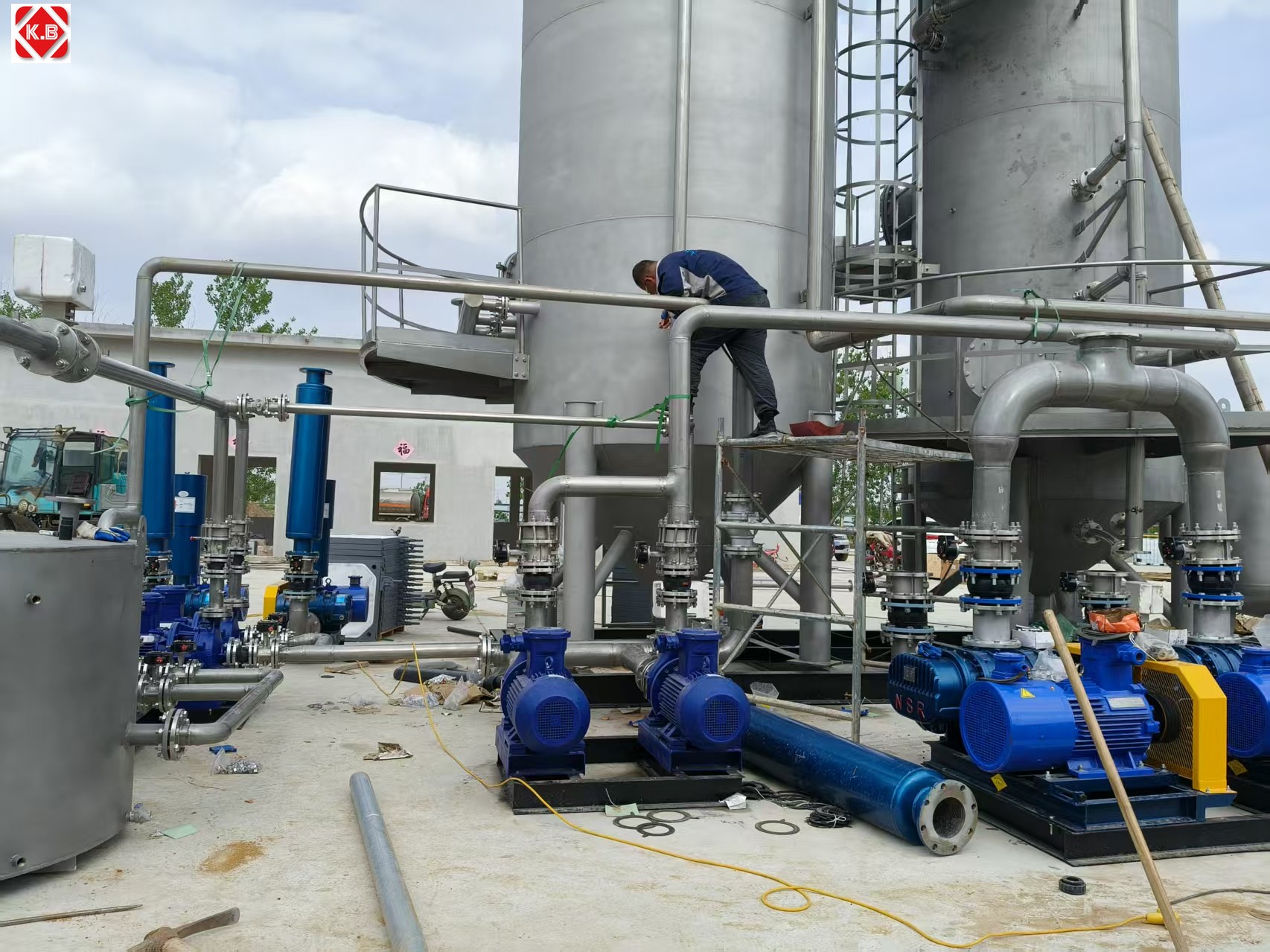
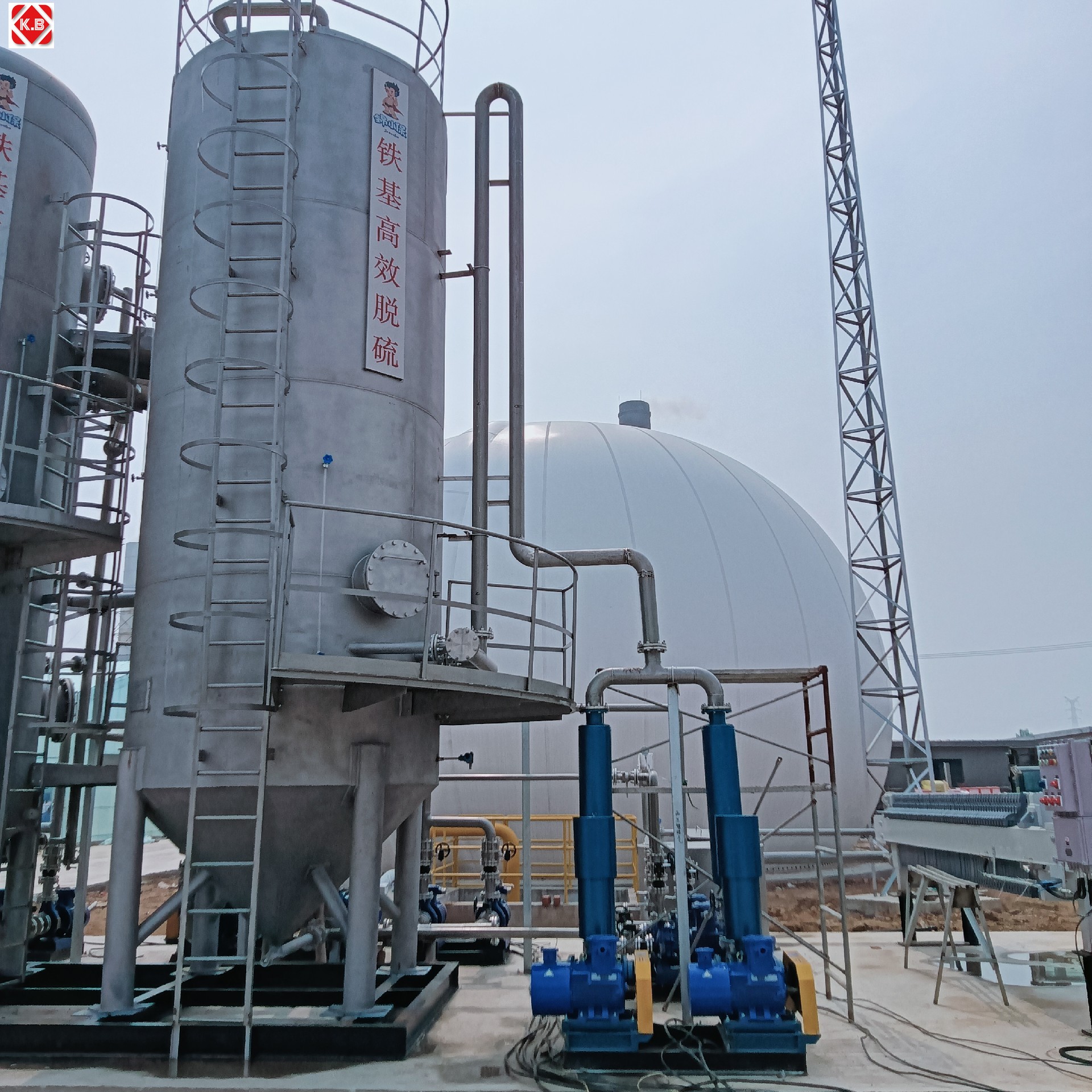
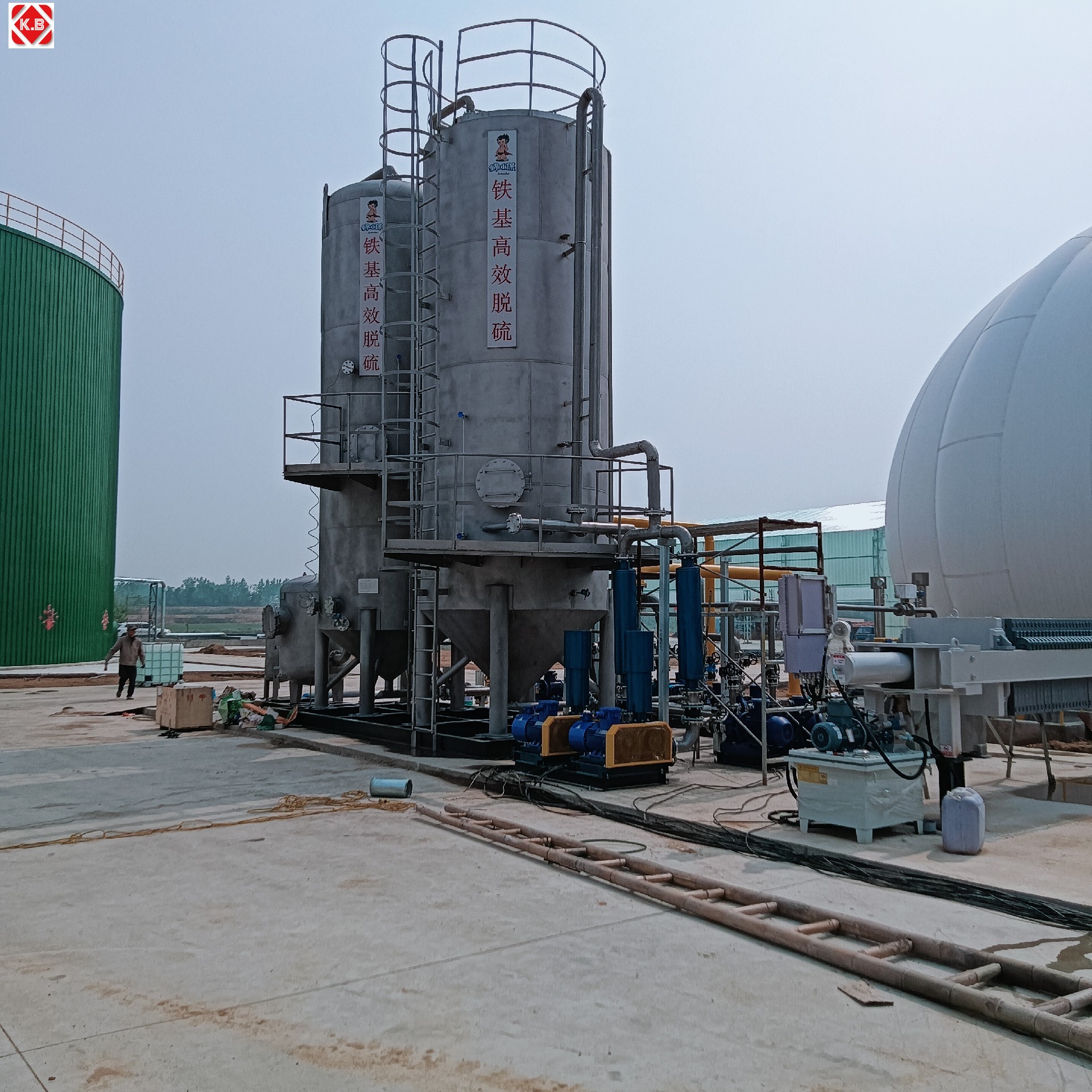
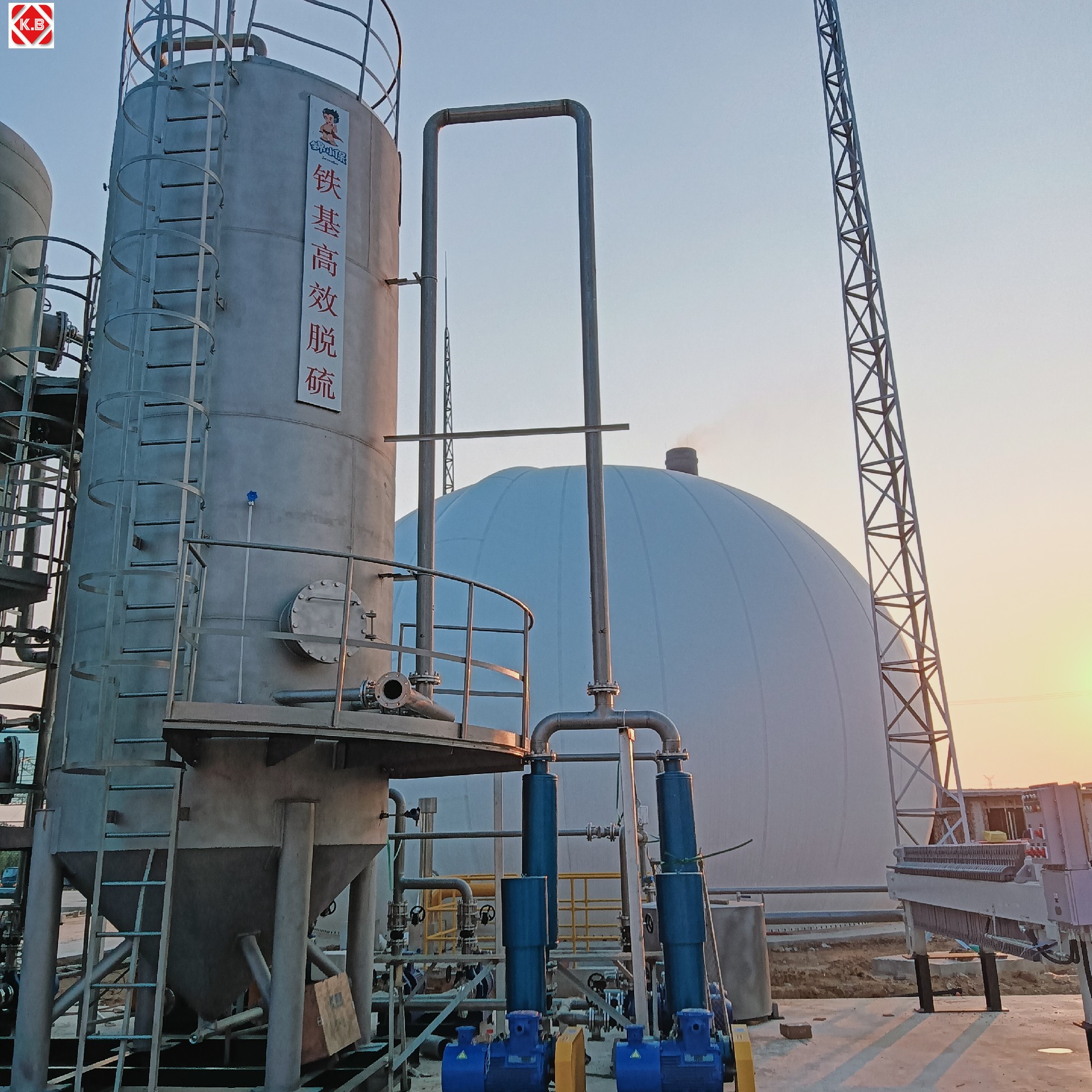
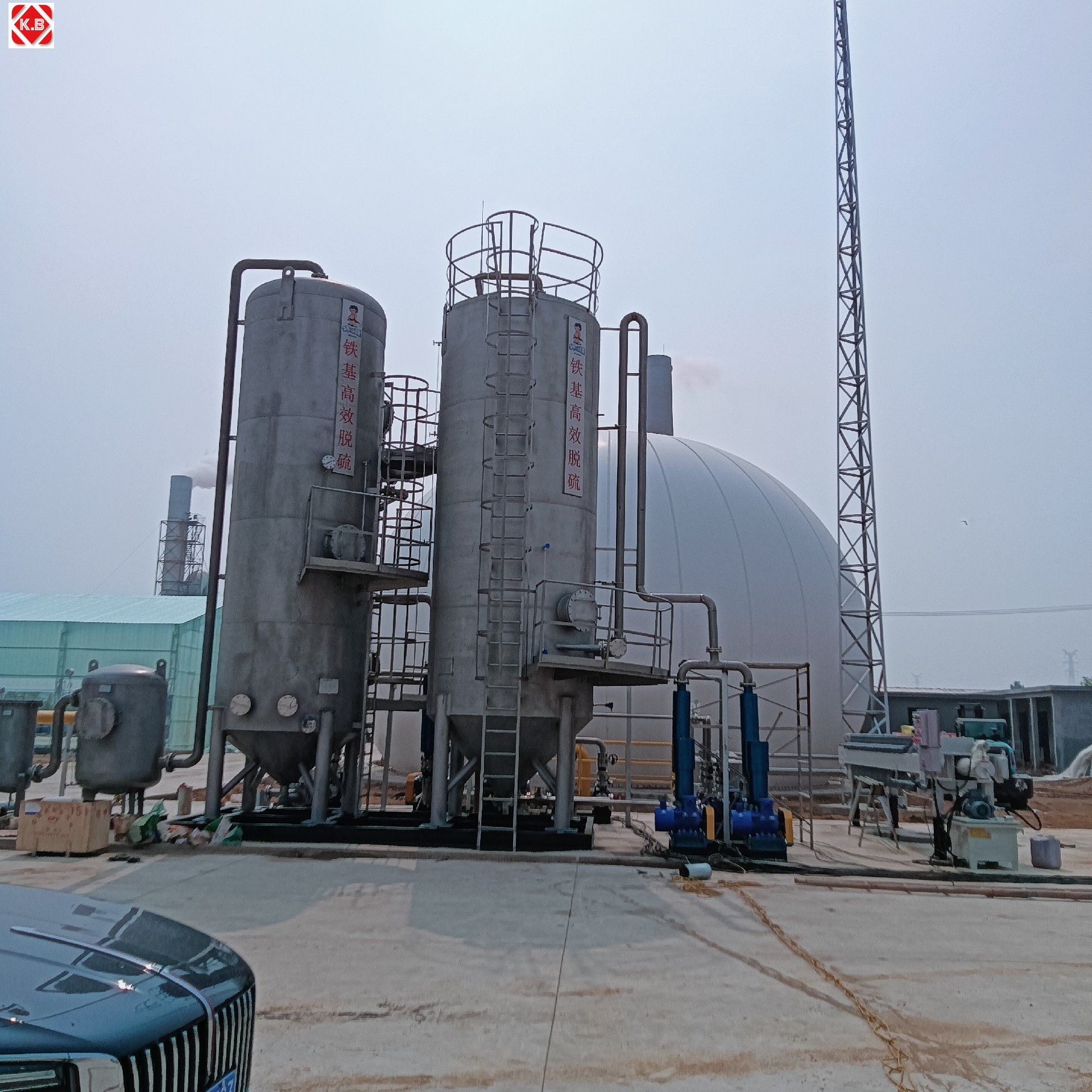
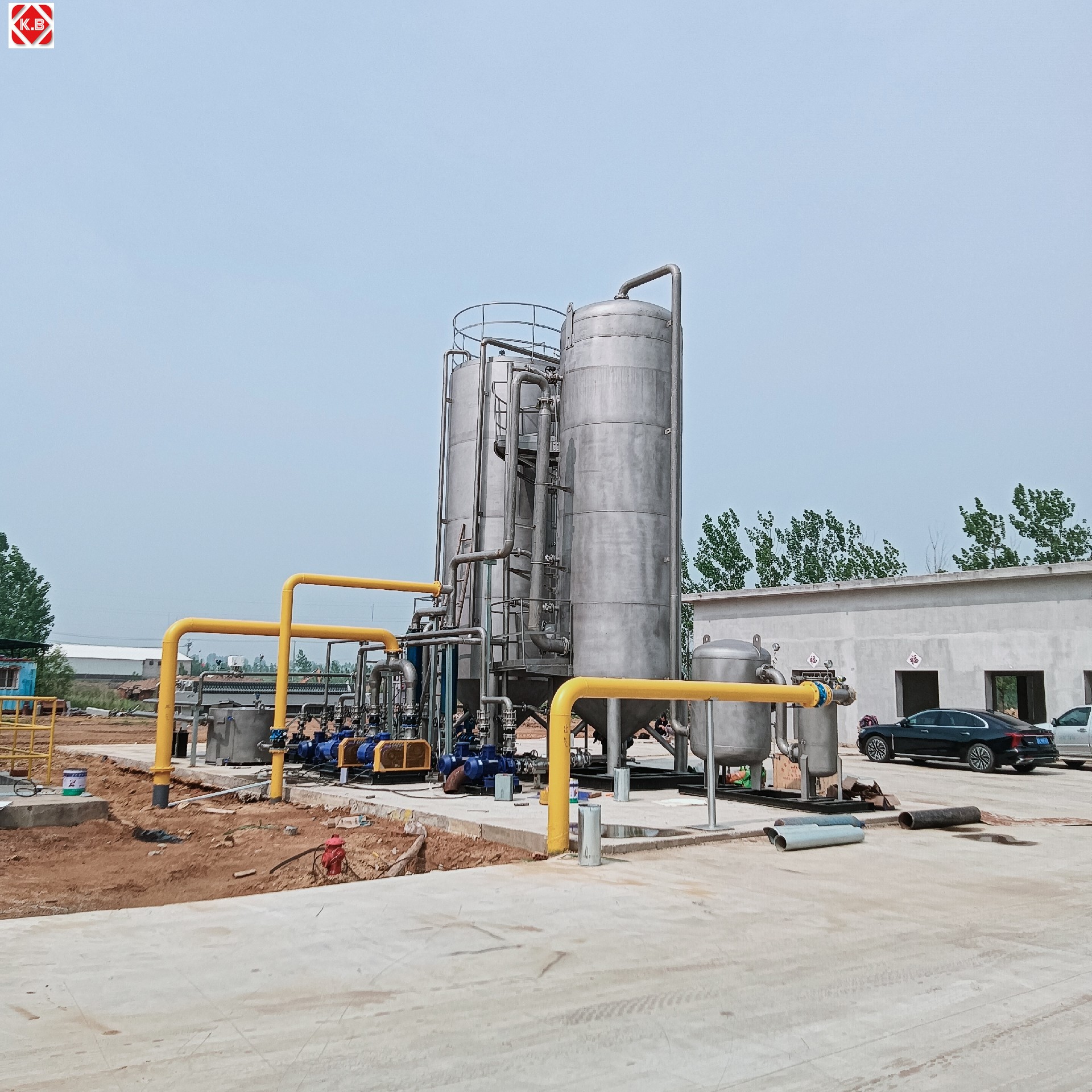
 KING BOFULEE
KING BOFULEE


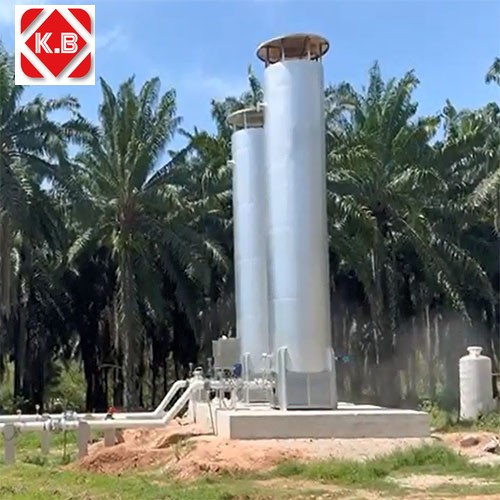
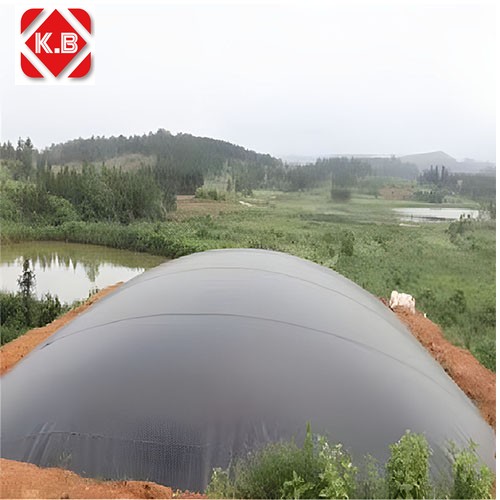
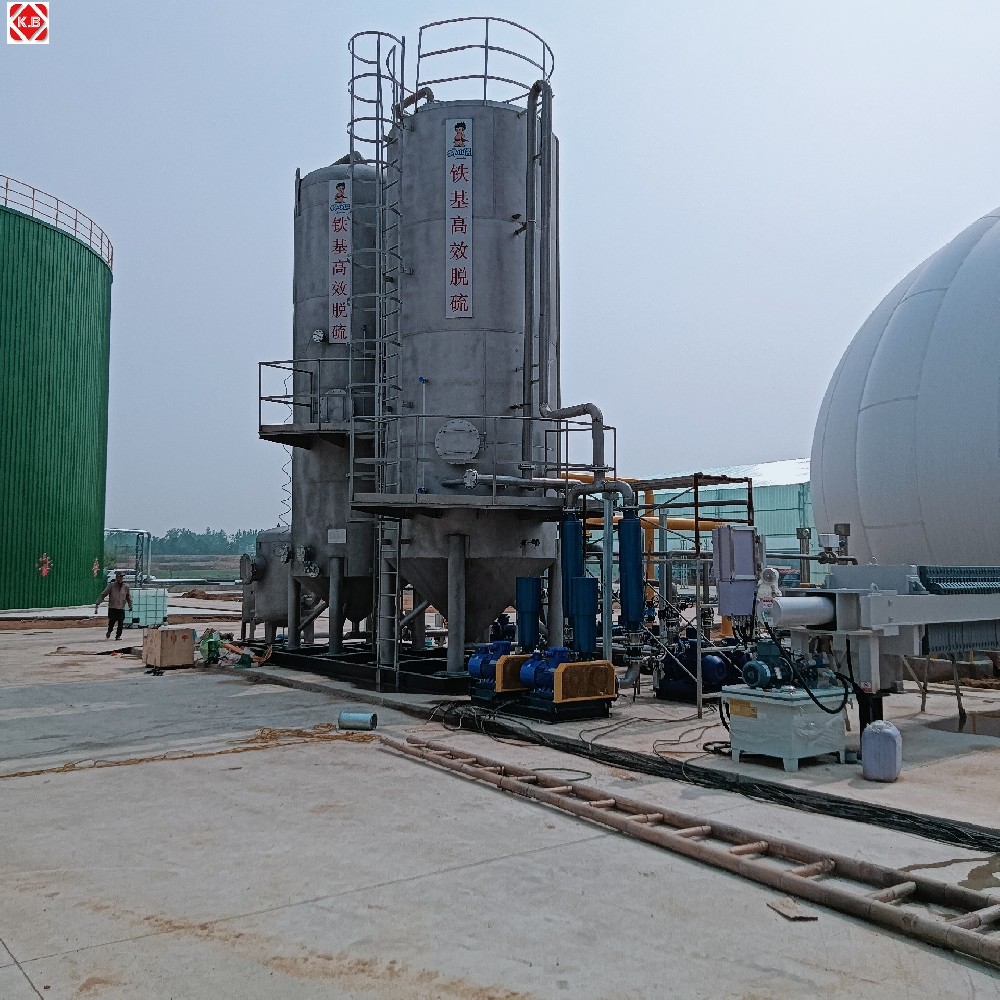
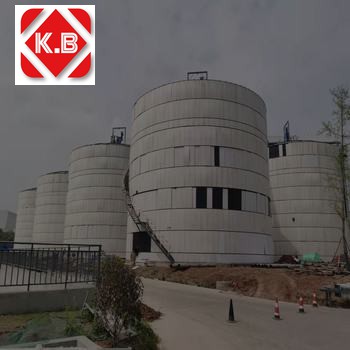
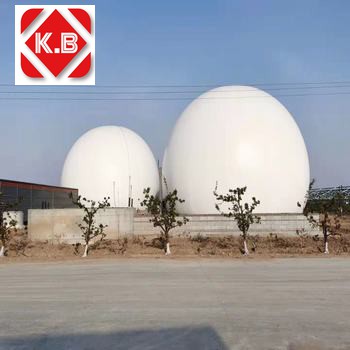
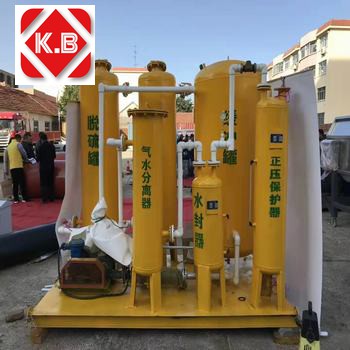
 Telephone
Telephone E-mail
E-mail Address
Address




